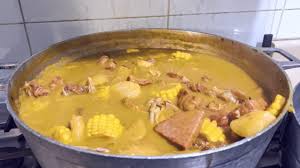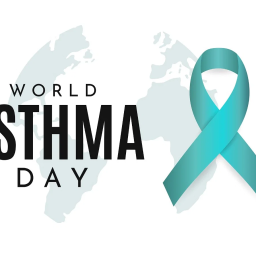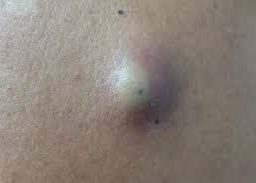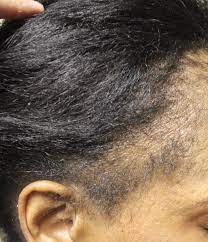
Preventing Food Poisoning: Best Practices for Safe Food Handling
During the vibrant Creole season in St. Lucia, as locals and visitors alike indulge in the island’s rich culinary traditions, understanding the risks and prevention methods of food poisoning becomes paramount.

Creole season in St. Lucia is a time of vibrant celebration, rich cultural heritage, and, of course, mouthwatering cuisine. Families and friends come together to enjoy the island’s unique flavors, music, and traditions. However, amidst the festivities and delicious meals, it’s essential to be mindful of food safety to avoid the unfortunate occurrence of food poisoning.
What is Food Poisoning?
Food poisoning, also known as foodborne illness, is the result of consuming food or beverages contaminated with harmful microorganisms, toxins, chemicals, or foreign substances. These contaminants can cause a range of symptoms, including nausea, vomiting, diarrhea, abdominal pain, and fever.
Common Causes:
During the Creole season, certain factors can increase the risk of food poisoning. Here are some common causes:
– Inadequate Food Handling: Improper washing, storage, and handling of ingredients can lead to contamination.
– Cross-Contamination: When harmful bacteria from raw foods, especially meats, come into contact with ready-to-eat foods, cross-contamination occurs.
– Undercooked Food: Failing to cook meat and seafood to their recommended safe temperatures can leave harmful pathogens intact.
– Unsanitary Food Preparation: Poor hygiene, such as not washing hands before handling food, can introduce bacteria to dishes.
Common Symptoms:
Symptoms can vary, but some of the most common include:
– Nausea and vomiting
– Diarrhea
– Abdominal cramps
– Fever
– Muscle aches
– Headache

Prevention of Food Poisoning:
Here’s what you can do to safeguard your health during Creole season:
– Clean Hands and Surfaces: Wash your hands thoroughly with soap and water before handling food, and clean kitchen surfaces and utensils regularly.
– Safe Food Storage: Refrigerate perishable foods promptly, and ensure your refrigerator operates at or below 40°F (4°C).
– Cook to Safe Temperatures: Use a food thermometer to confirm that meat and seafood are cooked to their recommended safe temperatures.
– Avoid Cross-Contamination: Keep raw meats, poultry, and seafood separate from ready-to-eat foods to prevent cross-contamination.
– Wash Produce: Rinse fruits and vegetables under running water before consuming.
– Safe Water: Ensure that the water you use for food preparation and cooking is safe to drink.
Seek Medical Attention if Needed:
If you suspect you have food poisoning and experience severe symptoms, it’s crucial to seek medical attention. Dehydration and severe cases of food poisoning may require treatment.
As you savor the flavors and traditions of the Creole season in St. Lucia, keep this food safety tips in mind. By practicing good food handling habits, you can enjoy the festivities with confidence, knowing that you’ve taken the necessary precautions to prevent illnesses. Let this Creole season be a time of joy, unity, and unforgettable culinary experiences, all while staying safe and healthy.
Enjoy the Creole season and stay safe!
Disclaimer: This blog post is for informational purposes only and is not a substitute for professional medical advice or treatment. Always consult with a healthcare provider for any health concerns or questions.
















